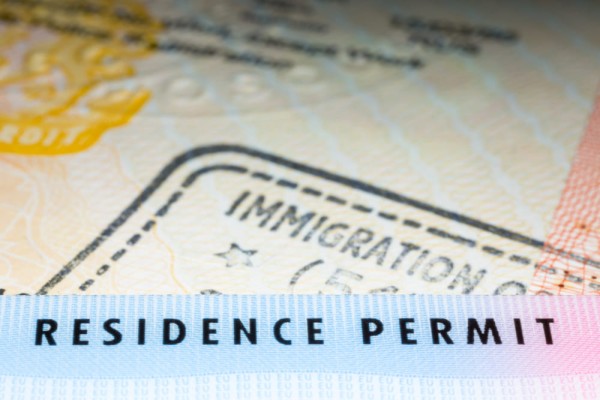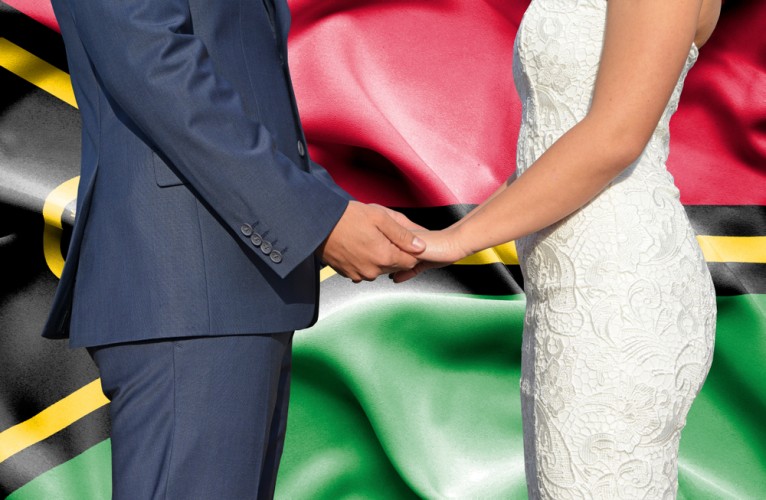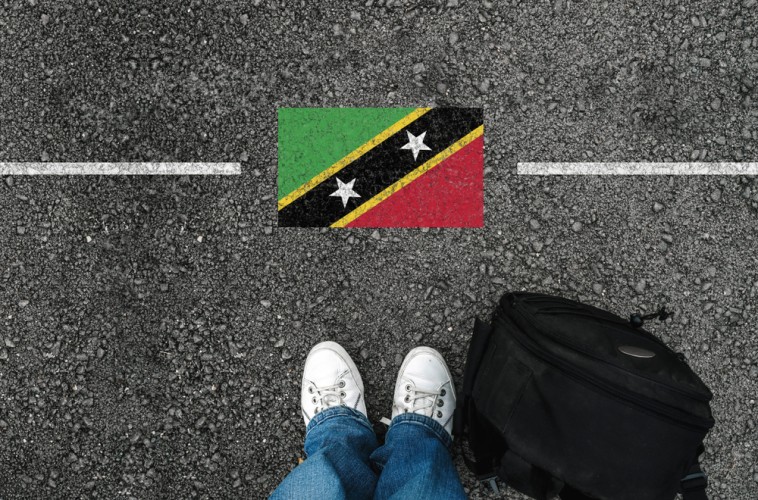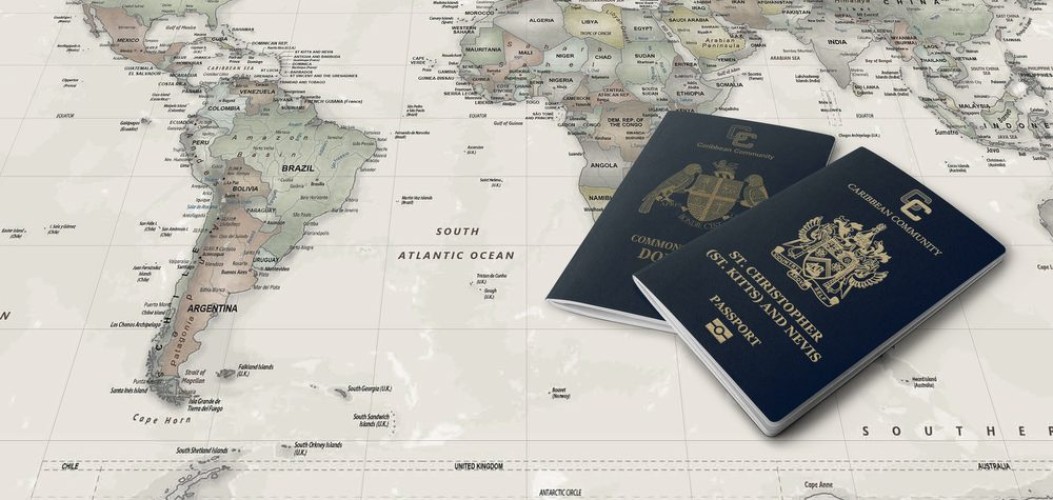Dual citizenship means that a citizen of a state has a passport of another country. For example, an American has a passport of Canada or Israel. A person may have several passports of different states; such citizenship is called multiple nationalities.
Advantages of dual citizenship
2nd nationality has its advantages and disadvantages. The following can be noted:
- Visa-free entry. Nationality of another state allows you to travel to some nations without visas. The list for each nation is different. To find out which certificate gives greater freedom of movement, you can from a special rating – certificate index. There are several indices, when calculating; they take into account a different number of nations, so their statistics differ.
- Nationality for family members. Usually the applicant’s spouse and children are entitled to a new nationality for life, and in many nations the next generation can obtain the nationality of their parents by birthright or by virtue of kinship. If family members do not immediately qualify for nationality, there are usually relaxations on their residence permits. For example, spouses of French nationals are granted a two-year residence permit for the first time, while ordinary applicants are granted a one-year residence permit.
- Social benefits, medicine, education and work. Having a foreign certificate allows a person to receive benefits, free education and medical care, as well as work in another nation without special authorisation. In some cases, foreigners can also receive a pension. For this purpose, there must be an agreement between the nations on pension or social security.
- Career. People with a 2nd nationality may not be allowed to work in state bodies. A person with two nationalities is also obliged to take into account and comply with the laws of those nations whose nationality he possesses.
Countries that allow dual citizenship
Some nations allow their nationals to hold certificates of other nations without losing their current nationality. Others do not recognise 2nd nationality, and if a national acquires a 2nd nationality, he or she automatically loses the first one.
There are also states that allow you to have two certificates only under certain circumstances. For example, if it is impossible to renounce the first nationality. For example, in Germany, dual nationality is allowed in exceptional cases, and it is not necessary to renounce the existing nationality if:
- the state legally prohibits renouncing one’s nationality;
- the State has denied renunciation of nationality;
- the renunciation of nationality entails a threat or trouble for the foreigner;
- the foreigner has a special travel document in accordance with Article 28 of the Convention of 28.07.1951 on the Status of Refugees.
Those who moved to Germany as a late immigrant do not have to renounce their nationality.
To obtain German nationality, a foreigner must legally reside in Germany for eight years, have a good knowledge of the German language and renounce his existing nationality of another state. In some cases, it is granted more quickly, for example, if you are married to a German national.
A child receives German nationality only if one of his parents is a German national. If both parents are foreigners, the child will not receive German nationality even if he or she is born in Germany.
List of countries permitting dual citizenship
Having 2 passports at once is allowed by such countries:
- Australia;
- Belgium;
- Peru;
- Romania;
- Portugal and some other countries.
Having 2 nationalities allows you to have 2 nationalities under certain circumstances:
- Germany;
- Georgia;
- Spain;
- Pakistan;
- Slovenia and 6 other countries.
Countries that don’t allow dual citizenship
States other than those described above do not allow holding 2 nationalities at the same time.
Ways to obtain dual citizenship
There are different ways of obtaining a second citizenship.
Naturalization
Naturalization is the acquisition of nationality after long and legal residence in the territory of a nation. For example, a person entered the nation on a work visa, and then applied for residence permit, and after that – for nationality.
In Italy, nationality can be obtained after 10 years of residence in the nation without breaking the laws. At the same time, it is often forbidden to leave the nation for more than half a year for the first five years. And to obtain a certificate, for example, Ireland, the period of residence in the nation must be at least five years.
Nationality for investment
Nationality for investment is available in many nations for investments in the economy of the state. For example, in Austria you have to invest 2-4 million € in culture, education or sports, 10 million € in industry. You can set up a new business or invest in existing ones.
Antigua and Barbuda offers three investment options for nationality:
- a non-repayable contribution of $100,000 or more to the nation’s national development fund
- investment in one of the projects approved by the government from $400,000;
- investments from 1.5 million $ in one of the companies approved by the government as the sole investor, or joint investments with participation for a total amount of at least 5 million $.
In Bulgaria it is possible to obtain nationality for investments from 257 thousand € in government bonds, trust bank accounts, shares of local companies and intellectual property of the state.
In Grenada, investors can make a contribution of $ 150 thousand to the state fund or buy property worth $ 220 thousand. The property must be owned for at least five years. Spouses, parents, brothers, sisters and children of investors will also receive Grenada certificates.
In Greece, you need to invest at least 250 thousand € in property or business, and in Cyprus – to buy or build a property worth from 2 million €. The same amount can be invested in a Cypriot company. In addition, the applicant for nationality must donate 200 thousand € to the government of Cyprus.
To obtain nationality in Malta must contribute 600 thousand € to the nation’s fund to receive a certificate after three years. If you contribute 750 thousand €, the certificate will be issued after one year. It is also possible to buy a house from 700 thousand € and own it for at least five years.
St. Kitts and Nevis: an investor needs to make a non-refundable contribution to the state fund in the amount of $ 125 thousand or buy a property worth $ 200 thousand. Also certificate can be obtained for investments from 175 thousand $ in socially important projects. To obtain nationality of Saint Lucia must invest from $ 100 thousand in the National Economic Fund of the state. Certificate will be issued in 4-6 months. Nationality for investment can be obtained remotely, through a licensed agent of the programme.
Residence permit for investment
In Portugal it is possible to obtain a residence permit for investments from 350 thousand € in the purchase of investment funds or real estate. The programme applies to the entire family of the investor. In Spain, for investment can only qualify for a residence permit: for this you need to invest in the economy of the nation from 500 thousand €. After five years you can apply for a residence permit.
In Montenegro, investors are granted a residence permit with the possibility of multiple extensions. After five years it will be possible to apply for permanent residence, and after 10 years – for nationality on naturalization. To do this, you need to invest in property in the north of the nation from 250 thousand € and from 450 thousand € – in resort areas on the coastline. It is also necessary to make a charitable contribution of 100 thousand € in favour of the Government of Montenegro.
Latvia gives residence permit for five years for investment in the fixed capital of the Latvian enterprise from 50 thousand €, plus a one-time state duty of 10 thousand €. Close relatives of the investor can also apply for a residence permit.
In Italy there is a programme Investor visa for Italy: a foreigner can get an investor visa, come to Italy and apply for residence permit. After three months of residence in the nation, the investor is obliged to transfer from 250 thousand € to 2 million € on the selected investment programme.
This gives the right to obtain a residence permit for two years: it can be extended for another three years, provided that the investment is maintained. Nationality can be applied for after 10 years.
Dual citizenship rules and regulations
There are certain rules and regulations associated with the issuance of an additional passport.
Can you have dual citizenship in the USA
For the United States, accepting one nationality does not mean renouncing the other. You have the privilege of enjoying the rights and responsibilities of both nations. You can travel freely between the nations that issued you a certificate. You may enter territories with which the United States and your first nation of nationality have visa-free travel.
The authorities of most nations, including the United States and post-Soviet nations, do not support bipatrization (multiple nationality), but do not restrict their residents from making such decisions. In this case, the owner of two or more certificates is perceived as a national in all nations, imposing on him the corresponding obligations and rules of law.
Individual states have the right to deprive you of the privileges of status if you swear an oath to another nation.
The legislation of the United States of America can grant nationality to an applicant without necessarily renouncing the current one.
At the same time, an American who has received in parallel the certificate of another state, risks losing the support of the United States. The authorities regard this gesture as insincerity when taking the oath.
Countries offering dual citizenship by descent
If a person has Jewish roots, he can take advantage of the repatriation programme to Israel. The person will receive nationality and an Israeli certificate immediately upon arrival in the nation.
In Romania, those whose direct relatives lived in Bukovina and Bessarabia can obtain nationality by right of roots: before World War II they belonged to Romania, and now these territories are part of Moldova and Ukraine.
In Portugal, the descendants of Sephardic Jews who were expelled from Portugal and Spain at the end of the XV century can obtain nationality. It is not necessary to speak Portuguese and live in the nation to obtain a certificate, but from 2019 applicants for nationality must buy property in Portugal and visit the nation regularly.
In Poland, grandchildren and great-grandchildren of Poles can apply for citizenship, it is obligatory to speak Polish.
Only children of Finns can get Finnish nationality without any problems. Grandchildren must first obtain a permanent residence permit and live in Finland for five years, as well as pass a Finnish or Swedish language test.
Dual citizenship in EU
It is possible to obtain a 2nd EU nationality in the standard way – through naturalization. For this purpose, it is necessary to live in one of the EU nations with residence permit status legally for a fixed period of time – from 3 years or more. This means that the family must reside permanently in the nation before obtaining nationality.
Can you hold dual citizenship with US
For the United States, accepting one nationality does not mean renouncing the other. You have the privilege of enjoying the rights and responsibilities of both nations. You can travel freely between the nations that issued you a certificate. You may enter territories with which the United States and your first nation of nationality have visa-free travel.
The authorities of most nations, including the United States and post-Soviet nations, do not support bipatrization (multiple nationality), but do not restrict their residents from making such decisions. In this case, the owner of two or more certificates is perceived as a national in all nations, imposing on him the corresponding obligations and rules of law.
Individual states have the right to deprive you of the privileges of status if you swear an oath to another nation. The legislation of the United States of America can grant nationality to an applicant without necessarily renouncing the current one. At the same time, an American who has received in parallel the certificate of another state, risks losing the support of the United States. The authorities regard this gesture as insincerity when taking the oath.
Countries with dual citizenship contracts
An American can obtain dual citizenship in many countries, but the specific process and requirements vary significantly from country to country. Here are a lot of countries all over the world where Americans commonly obtain dual citizenship, along with the typical paths to acquiring it.
Dual citizenship restrictions
- Dual citizens must comply with the laws of both countries, including taxes and military service.
- Holding dual citizenship may affect eligibility for certain U.S. government jobs and security clearances.
- Dual citizens must use their U.S. passport to enter and leave the United States.
- They may need to use their other country’s passport when traveling to that country.
- When in the country of their other citizenship, dual citizens may not receive U.S. consular protection and are subject to the laws of that country without U.S. intervention.
Dual citizenship for kids
Many countries allow children to obtain citizenship through their parents. If an American parent acquires a second citizenship, the children may also be eligible for that citizenship, depending on the country’s laws.
Many countries do offer pathways for children to obtain citizenship through their parents, either by descent or as part of the naturalization process. It’s essential to research the specific country’s laws and possibly consult with legal experts or the relevant embassy to ensure all requirements are met.
Countries with easy dual citizenship proceedings
There are several countries with relatively straightforward processes for Americans to obtain dual citizenship. These countries often have specific pathways such as ancestry, marriage, or investment that can simplify the process:
These countries typically have well-defined legal frameworks for dual citizenship, making the process more accessible for Americans. However, it’s important to research the specific requirements and legal implications for each country.








